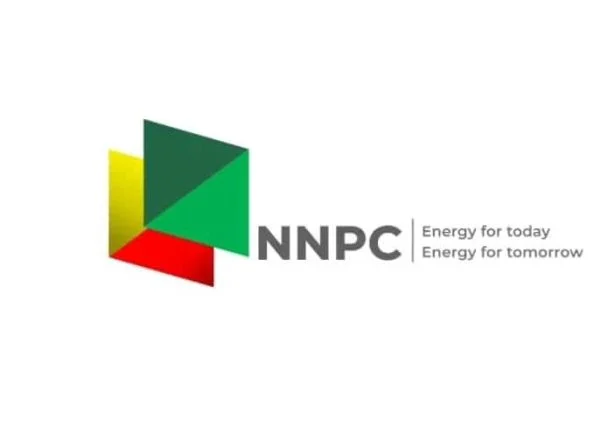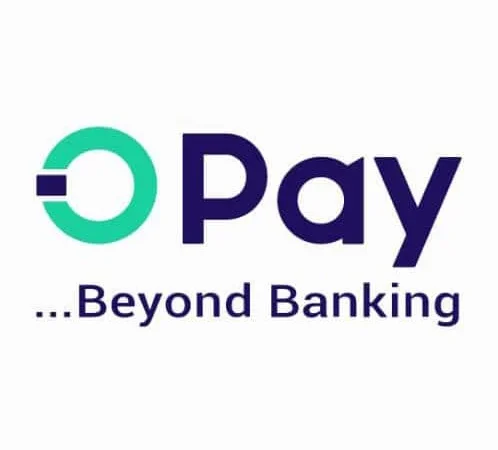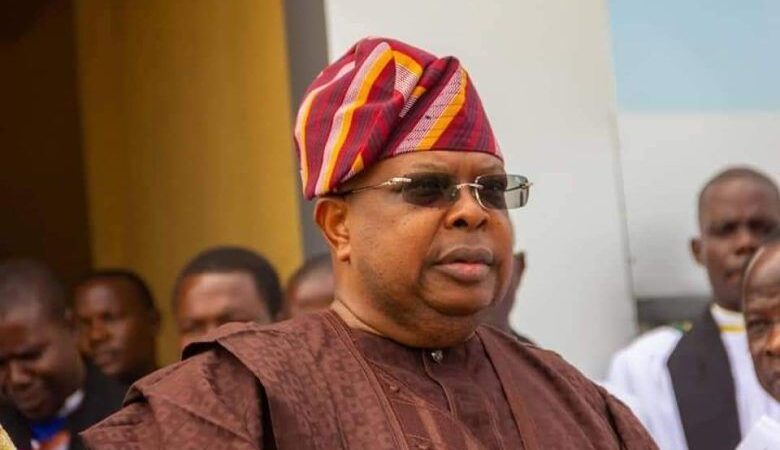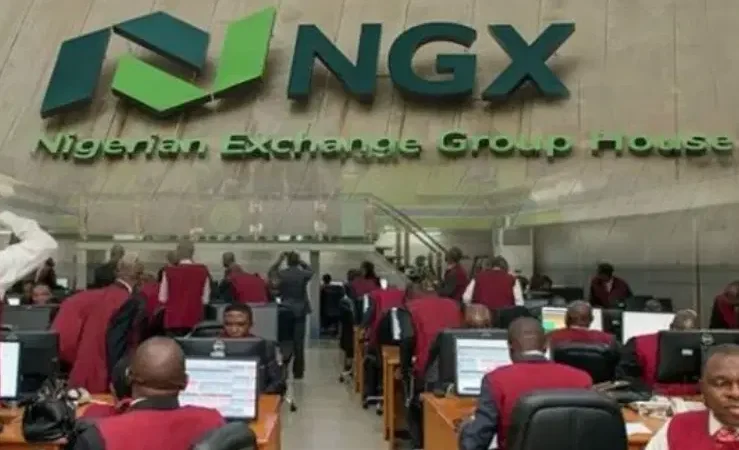CBN Issues New Guidelines For BDCs Operations In Nigeria

By Olusegun Obisanya
As the Central Bank of Nigeria (CBN) battles to stabilize the naira in the foreign exchange market, it has released a document containing revised regulatory and supervisory guidelines for Bureau De Change (BDC) Operations in Nigeria.
According to a circular released on Friday, 23 February, signed by the Director, Financial Policy and Regulation Department, CBN, Haruna Mustafa, the guidelines aim to regulate all aspects of BDC operations including licensing, governance, sources of funds, forex transactions, reporting, and supervision among others, in line with the apex bank’s objectives.
“Pursuant to the powers conferred under Section 56 of the Banks and Other Financial Institutions Act, 2020 (BOFIA), the Central Bank of Nigeria (CBN) hereby issues this draft revised Regulatory and Supervisory Guidelines for Bureau de Change (BDC) Operations in Nigeria for stakeholder comments and/or inputs,” Mustafa stated.
“The Guidelines significantly enhance the regulatory framework for the operations of Bureau De Change as part of ongoing reforms of the Nigerian foreign exchange market.
“The Guidelines revise the permissible activities, licensing requirements, corporate governance and Anti-Money Laundering/Combating the Financing of Terrorism (AMUCFT) provisions for BDCs. It also sets out new record-keeping and reporting requirements, among others.”
According to the document, other activities that BDCs are not permitted to engage in include dealing in gold or other precious metals, any foreign exchange transaction that involves illicit financial flows, opening or maintaining any account with any bank or financial institution outside Nigeria, maintaining any type of account for any member of the public, including accepting any asset for safe keeping/custody, taking deposits from or granting loans to members of the public in any currency and in any form and engaging in capital market activities among others.
It also listed what it called “non-eligible promoters”, who shall not participate in the ownership of BDCs, directly or indirectly including entities like banks, government agencies, cooperative societies, charitable organisations, academic and religious organisations, other NGOs, and telecommunication services providers, among others.
It said that BDCs can buy and sell foreign currencies, issue prepaid cards, serve as cash points for money transfer operators, open foreign currency and naira accounts with banks, etc.
BDCs, according to the guidelines, can source forex from the Nigerian Foreign Exchange Market (NFEM), travellers, returnees from the diaspora, International Money Transfer Operators (IMTOs), hotels that are authorised buyers of foreign currencies, and embassies, among others, including those that CBN may from time to time specify. It further specified that large transactions above $10,000 require declaration of source.
On the sale of foreign currencies by BDCs, the guidelines said they can sell to those who need them for travel, medical bills, school fees (up to specified limits per customer annually) and repurchase of unused Naira from a non-resident from whom the BDC had sourced foreign currency in the course of a visit. At least 75 per cent of the sale must be through transfer, and 25 per cent can be cash, it said.
Non-compliance with the guidelines may lead to sanctions including revocation of licence.
Mustafa said in the circular that the guideline is a draft and invited comments/inputs from stakeholders. He said the guideline can be accessed from CBN website www.cbn.gov.ng







